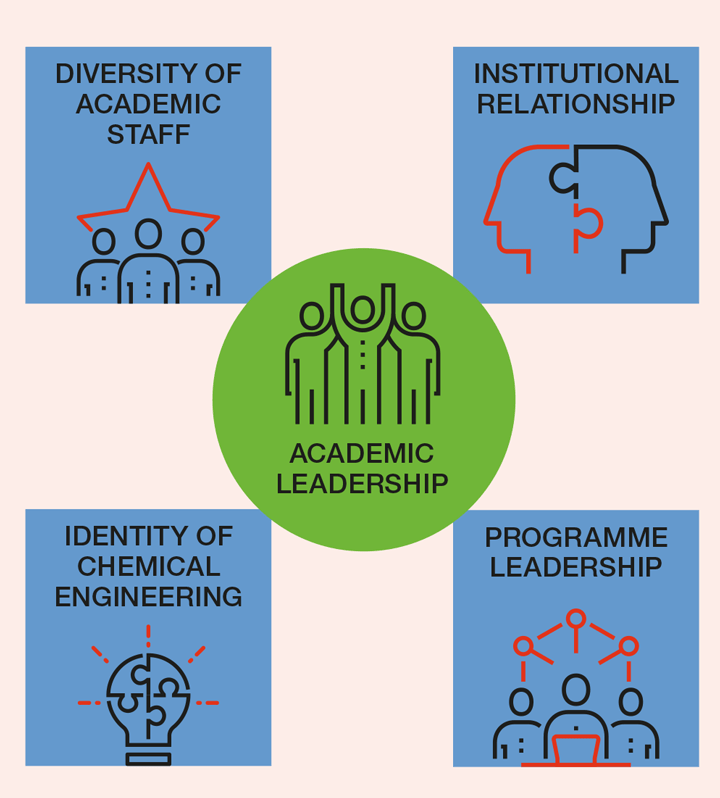The Nature of Nurture
Grant Campbell and Jamie Cleaver report on a workshop that addressed the challenges of leading chemical engineering university departments and highlighted a style of leadership that can be helpful for academic and industrial leaders alike
THINK back to your time as a student – hopefully a fondly remembered time, and certainly a formative time of gaining new personal and technical skills and confidence, alongside friends for life and a degree certifying your value to employers. Your experience no doubt shaped your subsequent career, inspiring and equipping you (we hope) for a lifetime of rich challenges and personal and professional growth. Your lecturers, lab demonstrators, project supervisors, programme directors, technicians, administrators and fellow students all played their part in a complex educational process, overseen and co-ordinated by the Head of Department and other senior academics.
You probably didn’t give it much thought at the time, but you were on the receiving end of academic leadership. One definition of leadership is “to influence, inspire and help others become their best selves, building their skills and achieving goals along the way”1. Nowhere is this sentiment more true than in higher education, where the primary service to society is to nurture individuals – both students and academics – to reach their highest potential. A commitment to nurturing is at the heart of academic leadership.
Most of us remember people in leadership positions who left an indelible imprint on us – sometimes richly positive, sadly sometimes deeply damaging. Both outcomes underline the importance of leadership and its power for good or ill, reflected in common memes on social media such as: “People don’t leave bad companies; they leave bad bosses” and “Leaders who don’t listen will eventually be surrounded by people who have nothing to say”, while “A person who feels appreciated will always do more than what is expected”, “When I talk to managers, I get the feeling that they are important; when I talk to leaders, I get the feeling that I am important” and “Good leaders recognise people; great leaders appreciate them.”2

Driven by the belief that the best thing we can do for the health of the discipline of chemical engineering is to lead our departments well, Heads of Chemical Engineering UK (HCEUK) organised a workshop on Leadership in Chemical Engineering (see Boxout), to enhance our collective understanding of the distinctive challenges of leading chemical engineering, and to mutually support each other in this endeavour.
Themes that emerged from the workshop included: the identity of chemical engineering as an academic discipline; the diversity of academic staff; the institutional relationship; and the challenges of programme leadership.

Recent Editions
Catch up on the latest news, views and jobs from The Chemical Engineer. Below are the four latest issues. View a wider selection of the archive from within the Magazine section of this site.




